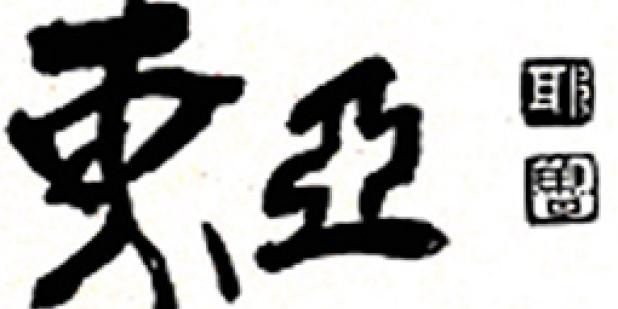Join us for a free one-day workshop for educators at the Japanese American National Museum, hosted by the USC U.S.-China Institute and the National Consortium for Teaching about Asia. This workshop will include a guided tour of the beloved exhibition Common Ground: The Heart of Community, slated to close permanently in January 2025. Following the tour, learn strategies for engaging students in the primary source artifacts, images, and documents found in JANM’s vast collection and discover classroom-ready resources to support teaching and learning about the Japanese American experience.
Guarding Press Freedoms in the New Gilded Age: The Challenge of China
China faces new challenges in press freedom.

The U.S. Constitution enshrined press freedoms in the First Amendment, ratified by the states in 1791. In the subsequent 223 years, the world’s leading economies, whether Britain or the U.S., generally held to be self-evident that a free press was necessary and good for the proper functioning of society and to provide a check on government’s power.
Now China is poised to take the pole position as the world’s biggest economy, and its leaders have clearly shown their disdain for press freedoms, with new restrictions on one of the world’s most controlled media environments being introduced just this year. Will China’s new economic influence pose a danger for press freedom and other civil liberties in the rest of the world?
Should China’s foreign policy goals remain confined to so-called “core interests” such as Tibet, Taiwan and internal stability, China’s rise to economic prominence will likely pose little existential danger to press freedoms around the world. But should China, like the U.S. seven decades ago in the aftermath of World War II, begin more broadly defining national interests as its economic reach expands, then global progress on press freedoms and civil liberties in general may be gravely threatened.
The reason is China’s rise coincides with a time of economic insecurity in industrialized nations, still recovering from the global financial crisis. Moreover, it is a new gilded age, with economic inequality at levels not seen since the 1920s, and the power of billionaires to shape policy has never been greater. That means that increasingly, preserving the integrity of a free press takes a back seat to economic expediency.
We already have seen examples of this in Hong Kong, where Chinese sovereignty has eroded the independence of the media. In the past year two British banks have been accused of pulling advertisements from one of the most widely read newspapers in the territory after being pressured from Beijing. Those charges were not refuted by the banks. And my own former employer, Bloomberg News, withheld publication of an expose on the political ties of China’s richest man in the wake of unprecedented sanctions from Beijing.
We should celebrate the words of Thomas Jefferson in the U.S. Declaration of Independence when he spoke of the truths we hold self-evident: life, liberty and the pursuit of happiness. But it is also up to us, as citizens, to guard those liberties jealously, never taking them for granted. A free press must loudly announce to the world when they are under threat. That’s because in our world we can’t afford to make another Jeffersonian statement into a truism, that “the tree of liberty must be refreshed from time to time with the blood of patriots and tyrants.”
Featured Articles
Please join us for the Grad Mixer! Hosted by USC Annenberg Office of International Affairs, Enjoy food, drink and conversation with fellow students across USC Annenberg. Graduate students from any field are welcome to join, so it is a great opportunity to meet fellow students with IR/foreign policy-related research topics and interests.
RSVP link: https://forms.gle/1zer188RE9dCS6Ho6
Events
Hosted by USC Annenberg Office of International Affairs, enjoy food, drink and conversation with fellow international students.
Join us for an in-person conversation on Thursday, November 7th at 4pm with author David M. Lampton as he discusses his new book, Living U.S.-China Relations: From Cold War to Cold War. The book examines the history of U.S.-China relations across eight U.S. presidential administrations.




